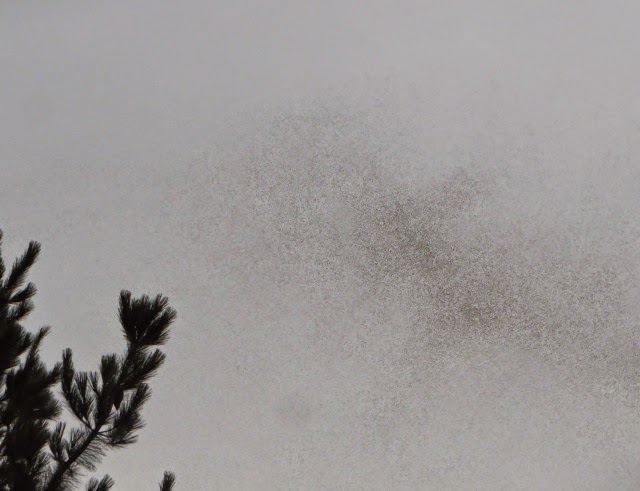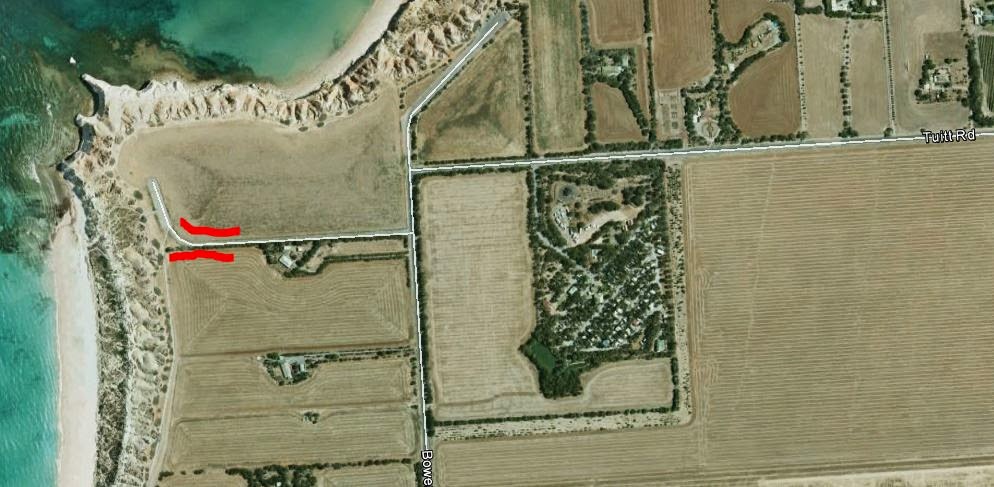What is wrong with bookselling in Australia?
There has recently been a lot of fuss about two book-selling chains in Australia going down the pipe. As always when some retailer finds that even the best efforts of protectionism don't save them they complain about the internet and that overseas sales don't pay GST etc.
Here are some comparisons from an enquiry I just made using American Book Exchange (aka ABE Books). I had just finished reading the first four books of the Harry Potter sequence and decided that I'd like to have the rest. Seeing that seem to read the series about once a year it was worth buying them rather than leeching off the public library system.
Going to the US arm of ABE I found that the three volumes I needed were available for an average price of about $1.03 with postage from UK to Australia adding $4.66. Not bad, but I would prefer to support local booksellers where possible so I went to the Australian sub-site of ABE.
The average price of the the three volumes was about $6, so one should salute the booksellers for their dedication to social welfare as they must be paying approximately 50x the amount of GST they need to (GST is 10% of the price and 10% of $1.03 rounds to about $0.10 which is close to one fiftieth of <$6 - $1.03>). I wonder how the ATO handles this massive overpayment of a tax liability? I will address a couple of other options further on.
We now come to the matter of postage and packing. Given that the 'home branch' of ABE was shipping stuff from the UK one would expect that to cost a whole lot more than shipping within Australia (especially since the overseas stuff still has to get transported within Australia and delivered by our postie). Not so. The Australian mob were charging $7 for shipping! I don't see that as being anything to do with GST!
What are the alternative explanations? I have 4 in mind which I mention in no particular order, and note that a combination of all of them is possible.
.
Here are some comparisons from an enquiry I just made using American Book Exchange (aka ABE Books). I had just finished reading the first four books of the Harry Potter sequence and decided that I'd like to have the rest. Seeing that seem to read the series about once a year it was worth buying them rather than leeching off the public library system.
Going to the US arm of ABE I found that the three volumes I needed were available for an average price of about $1.03 with postage from UK to Australia adding $4.66. Not bad, but I would prefer to support local booksellers where possible so I went to the Australian sub-site of ABE.
The average price of the the three volumes was about $6, so one should salute the booksellers for their dedication to social welfare as they must be paying approximately 50x the amount of GST they need to (GST is 10% of the price and 10% of $1.03 rounds to about $0.10 which is close to one fiftieth of <$6 - $1.03>). I wonder how the ATO handles this massive overpayment of a tax liability? I will address a couple of other options further on.
We now come to the matter of postage and packing. Given that the 'home branch' of ABE was shipping stuff from the UK one would expect that to cost a whole lot more than shipping within Australia (especially since the overseas stuff still has to get transported within Australia and delivered by our postie). Not so. The Australian mob were charging $7 for shipping! I don't see that as being anything to do with GST!
What are the alternative explanations? I have 4 in mind which I mention in no particular order, and note that a combination of all of them is possible.
- Economies of scale are missing in Australia. Thus a slave is employed full time to pack and ship books by Ockerbooks and they are massively underemployed. Their salary is divided across 50 books a week while Pommienovels Ltd has 5 employees sending out 1000 books a week each.
- The Australian booksellers have to buy expensive second hand books so they have much higher costs of 'raw materials than their UK counterparts. I have sold used books in several countries and prices paid to vendors have been quite comparable. Being blunt, appallingly low everywhere. Perhaps everyone in Australia (but nowhere else) knows that the Potter books are collectable and appreciating like crazy?
- The Australian booksellers are making massive profits. They claim they are not and would probably point to the failures mentioned above as evidence. From looking at the people in charge of the physical stores, if they are making huge profits they are surely not spending their ill-gotten gains on flash clothes or haircuts!
- The Australian book-sellers follow business models along the lines of the old cliche "How do you get an Australian to run a small business?" To which the accepted answer is "Give them a large business and wait."
.



Comments